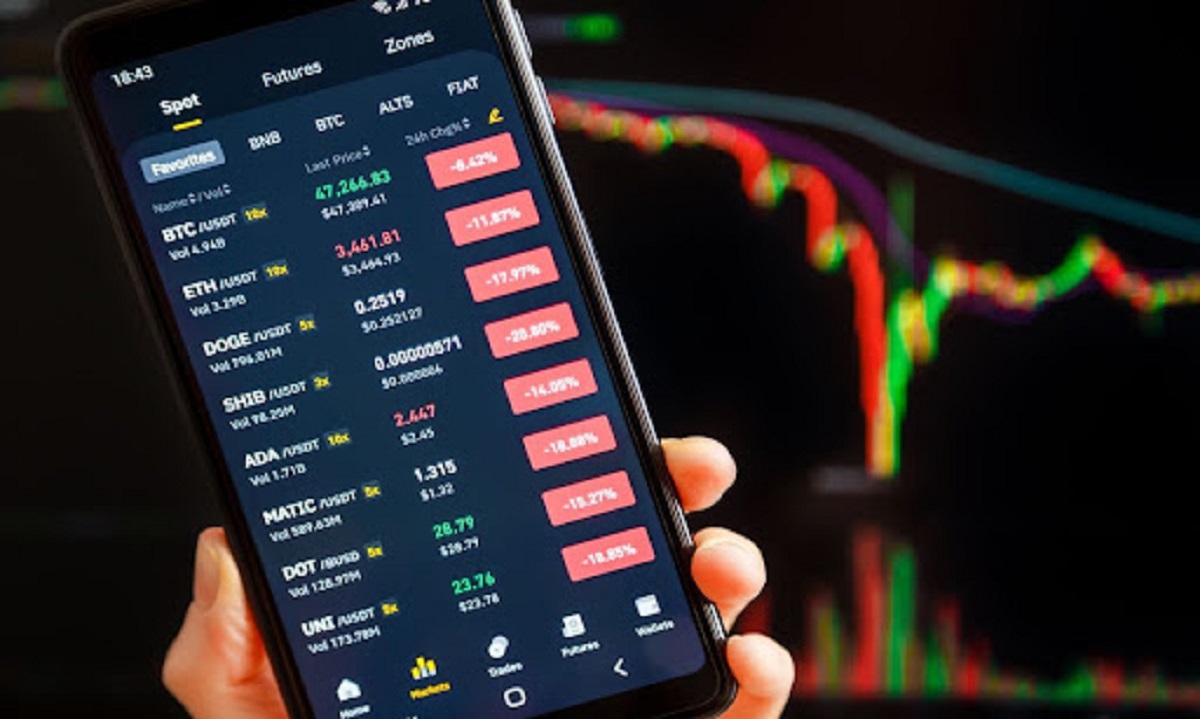DEXs shake off doldrums and surge $463bn in volume in challenge to centralised exchanges
DEXs recorded a new all-time high in monthly trading volume this December as market analysts predict greater momentum for decentralised exchanges next year.
It’s been a December to remember for decentralised exchanges.
DEXs are protocols that allow users to trade cryptocurrencies without a central authority. DefiLlama data shows that so far in December, they recorded $463 billion in trading activity.
That’s a new all-time high for DEXs, eclipsing the previous record of $374 billion achieved last month.
Market observers note the growing buzz for trading cryptocurrencies on DEX protocols, especially newly created tokens, and expect the momentum to continue into next year.
“This isn’t just a fleeting trend; by 2025, we’ll see the majority of token launches happening on DEXs, making them the clear choice over centralised exchanges,” Anmol Singh, co-founder of Zeta Markets, a Solana-based DEX protocol for trading crypto derivatives, told DL News.
Still, centralised exchanges are the dominant players in the cryptocurrency trading market.
Binance, the biggest centralised exchange, has recorded $950 billion in trading volume this month, more than double the total DEX trading activity. In total, centralised exchanges reached trading volumes of $2.78 trillion in December with one day left of the month.
However, Singh said DEX platforms have an edge over centralised exchanges in shaping how new cryptocurrency tokens are introduced to the broader market.
“Centralised exchanges have become the outdated, clunky option in crypto,” Singh told DL News.
“They take more than they give, offering little in return to the community or protocols they list,” Singh said. “DEXs, on the other hand, are great enablers ― more transparent, fairer, and efficient.”
Centralised advantage
Still, while memecoins debut on DEXs, being listed on a centralised platform such as Binance or Coinbase is a major milestone for projects.
DEXs might be popular among the crypto-savvy, but judging from the yawning gap in their trading volumes, centralised exchanges are still the go-to option for many cryptocurrency traders.
Still, James Toledano, chief operating officer at crypto wallet Unity, said DEX protocols are becoming more popular.
“In the future, the trend is likely to continue leaning towards DEXs, although more centralised exchanges and decentralised exchanges will coexist, with distinct use cases for each,” Toledano told DL News.
Toledano said users who desire greater control of their assets will favour DEXs over CEXs.
DEXs do not require users to deposit their cryptocurrencies for trading. Instead, users trade right from their wallets.
Centralised exchanges are different. Users must give up custody of their trading funds to CEX platforms.
While centralised exchanges offer ease of use, criminals often target them. This year, centralised platforms suffered the biggest hacks with DMM Bitcoin and WazirX losing $543 million in total.
Meanwhile, DEX protocols such as Uniswap have fewer hacking incidents, but they can be trickier to navigate for everyday users.
Toledano said DEX protocols will grow once they become faster and easier to use.
“CEXs will still be around, but they’ll need to change to keep up,” Toledano said.
Osato Avan-Nomayo is our Nigeria-based DeFi correspondent. He covers DeFi and tech. Got a tip? Please contact him at osato@dlnews.com.
Disclaimer: The content of this article solely reflects the author's opinion and does not represent the platform in any capacity. This article is not intended to serve as a reference for making investment decisions.
You may also like
Shiba Inu Price Prediction: 3 Drivers That Could Push SHIB to 1 Cent

Crypto Market Reacts to Paul Atkins as SEC Chair– These Altcoins Could 10X

IOTA Unveils Liquid Staking—Strengthening L1 Security and Fueling Web3 Ecosystem

Cardano Price Prediction: Bullish Forecast Hints at 10x ADA Gains

